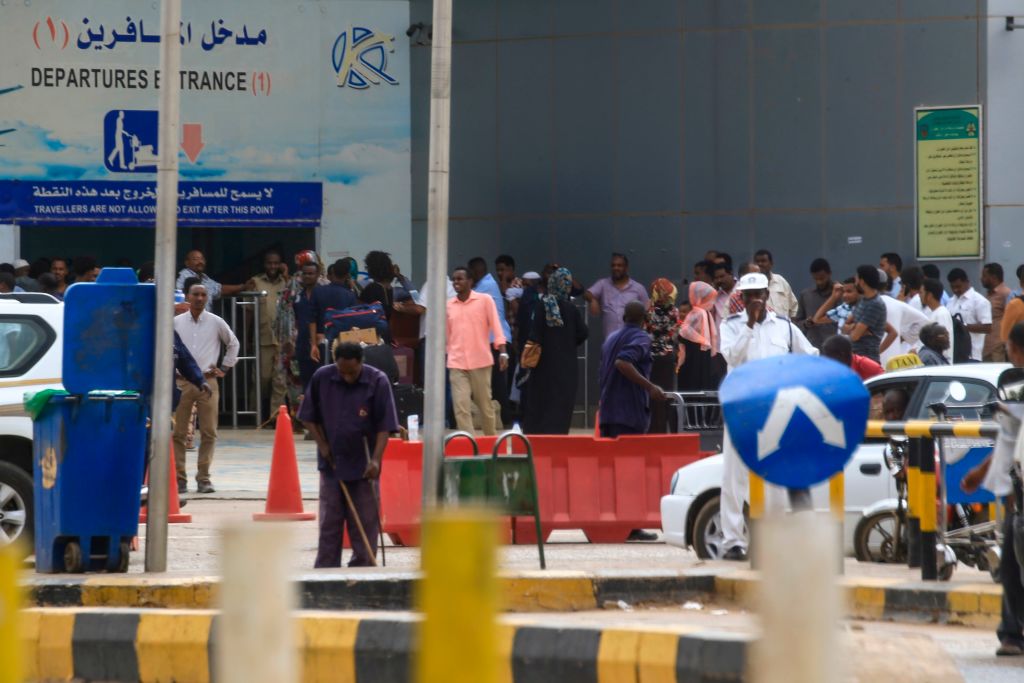
Fresh Sudan strike cripples transportation sector

Long queues could be witnessed outside the Khartoum Airport in Sudan’s capital on Tuesday, as workers kicked off a two-day general strike to pile pressure on the Transitional Military Council (TMC) to cede to civilian rule.
Aviation workers took part in the general strike, after weeks of negotiations between TMC and the Declaration of Freedom and Change Forces (DFCF) alliance saw no resolution on the move against military rule.
According to Reuters, the DFCF said Tuesday’s strike would encompass public and private enterprise, including the civil aviation, railway, petroleum, banking, communications and health sectors.
In addition to queues at the Khartoum airport, public transport has also been affected.
Wagdy Saleh, a representative of a coalition within the DFCF, said the strike would be escalated if no agreement is reached.
“If we reached an agreement, then all we want is the agreement, and for us to work as partners in order to guarantee a smooth and peaceful transition to a civilian government. If we do not agree, as we said, we will escalate things using our peaceful civilian methods, which are strikes, protests, and civil disobedience,” he said.
In a media conference on Monday, Saleh claimed that the TMC had demanded a two-thirds majority, on the sovereign council that will lead the country.
The deputy head of the TMC, Lieutenant General Mohamed Hamdan Dagalo (Hemedti), meanwhile is accusing the opposition of not being serious about sharing power, and seeking to confine the military to a ceremonial role.
The TMC has suggested in the past that if an agreement cannot be reached between the two sides, elections should be held.
“We are not saying we will not negotiate,” Hemedti said. “But we have to guarantee that all the Sudanese people are participating in the matter.”
Mubarak Ardol from the Sudan People’s Liberation Movement-North, has said the current climate is not favourable for elections to be held.
He said at a media conference that it was essential to have an accurate and transparent census before a vote is held, as millions of Sudanese remain displaced and would therefore be excluded.
The military ousted and detained Bashir on April 11, after 16 weeks of street protests against him spearheaded by the Sudanese Professionals’ Association, part of the DFCF.






